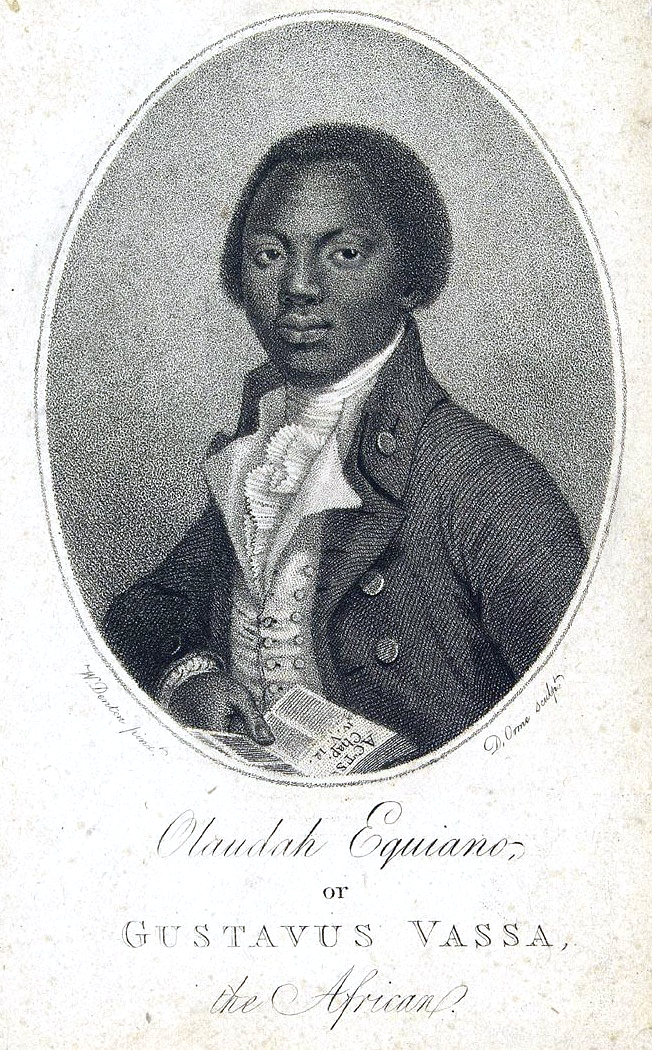Chap. I
The Interesting Narrative of the Life of Olaudah Equiano, or Gustavus Vassa, the African (1789)
Olaudah Equiano: Frasi in inglese
Chap. I
The Interesting Narrative of the Life of Olaudah Equiano, or Gustavus Vassa, the African (1789)
Chap. IX
The Interesting Narrative of the Life of Olaudah Equiano, or Gustavus Vassa, the African (1789)
Chap. V
The Interesting Narrative of the Life of Olaudah Equiano, or Gustavus Vassa, the African (1789)
Chap. II
The Interesting Narrative of the Life of Olaudah Equiano, or Gustavus Vassa, the African (1789)
Chap. II
The Interesting Narrative of the Life of Olaudah Equiano, or Gustavus Vassa, the African (1789)
Chap. II
The Interesting Narrative of the Life of Olaudah Equiano, or Gustavus Vassa, the African (1789)
